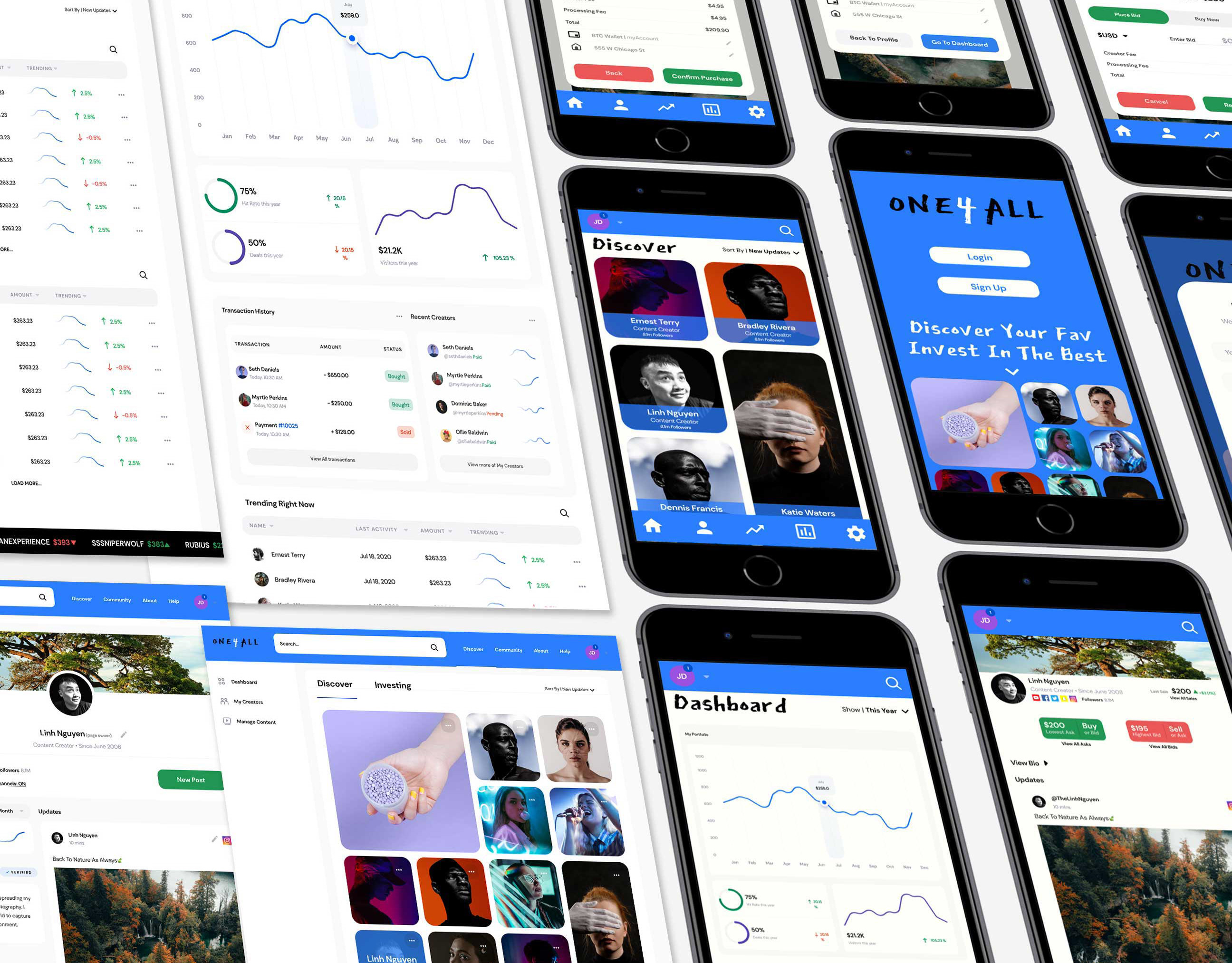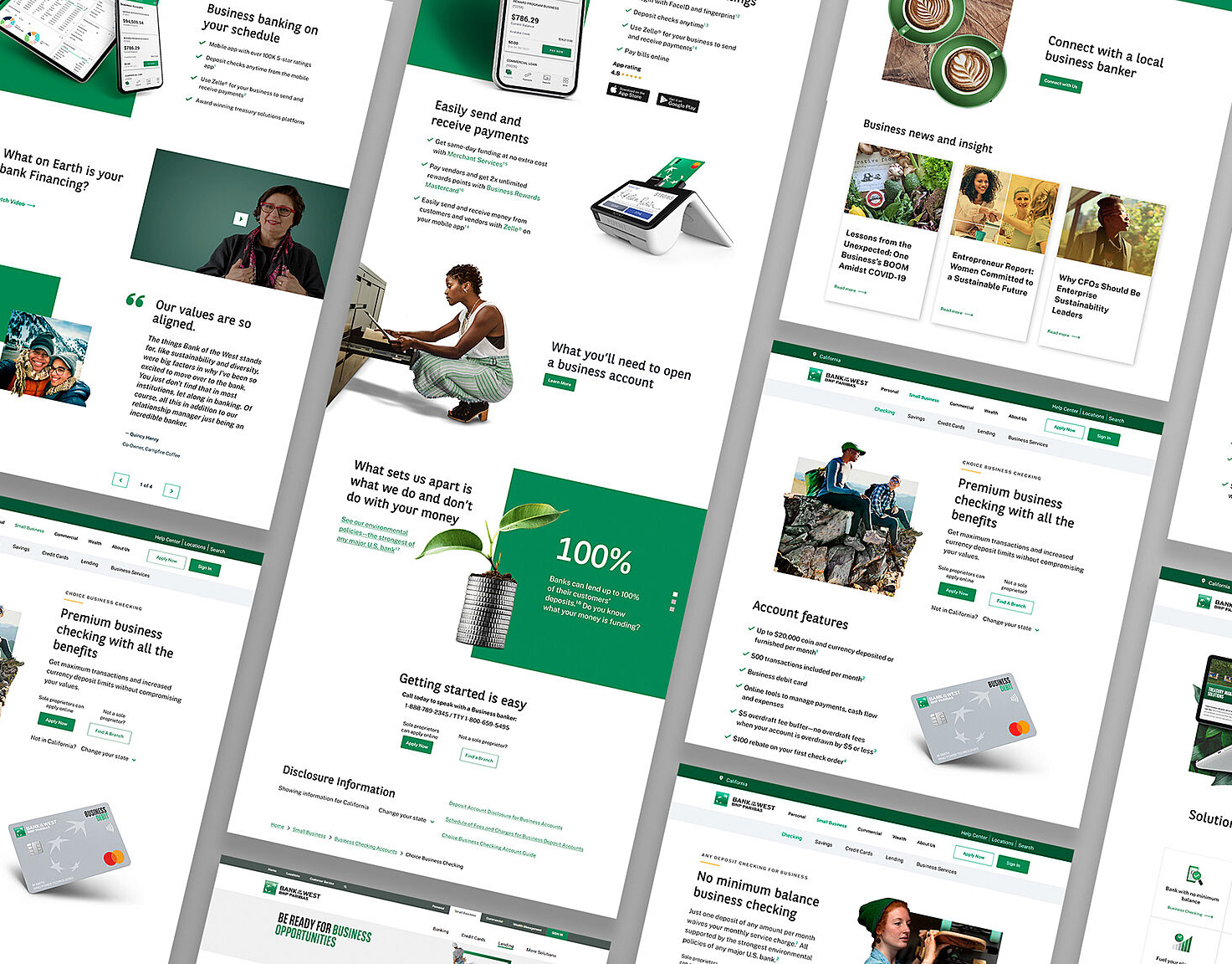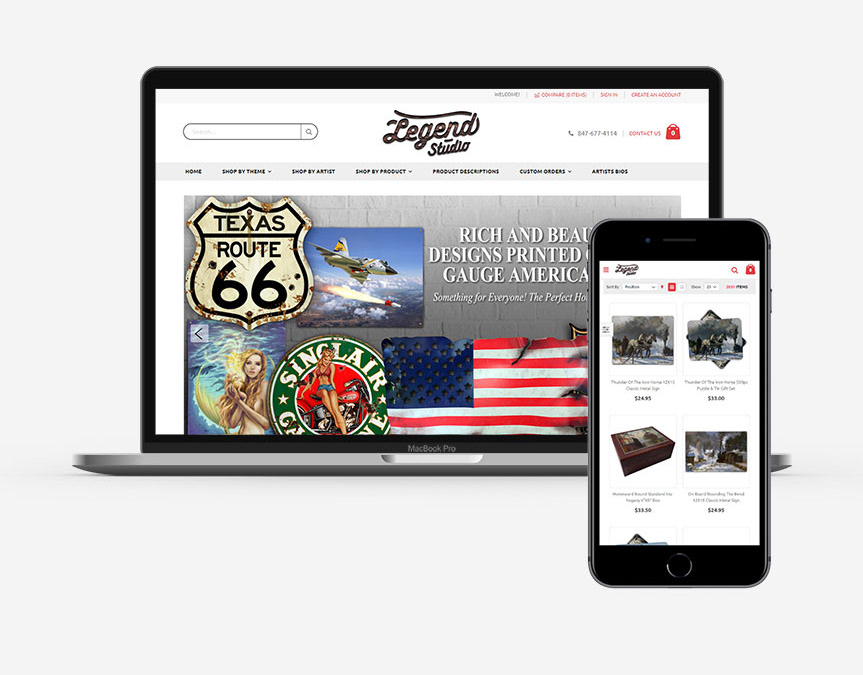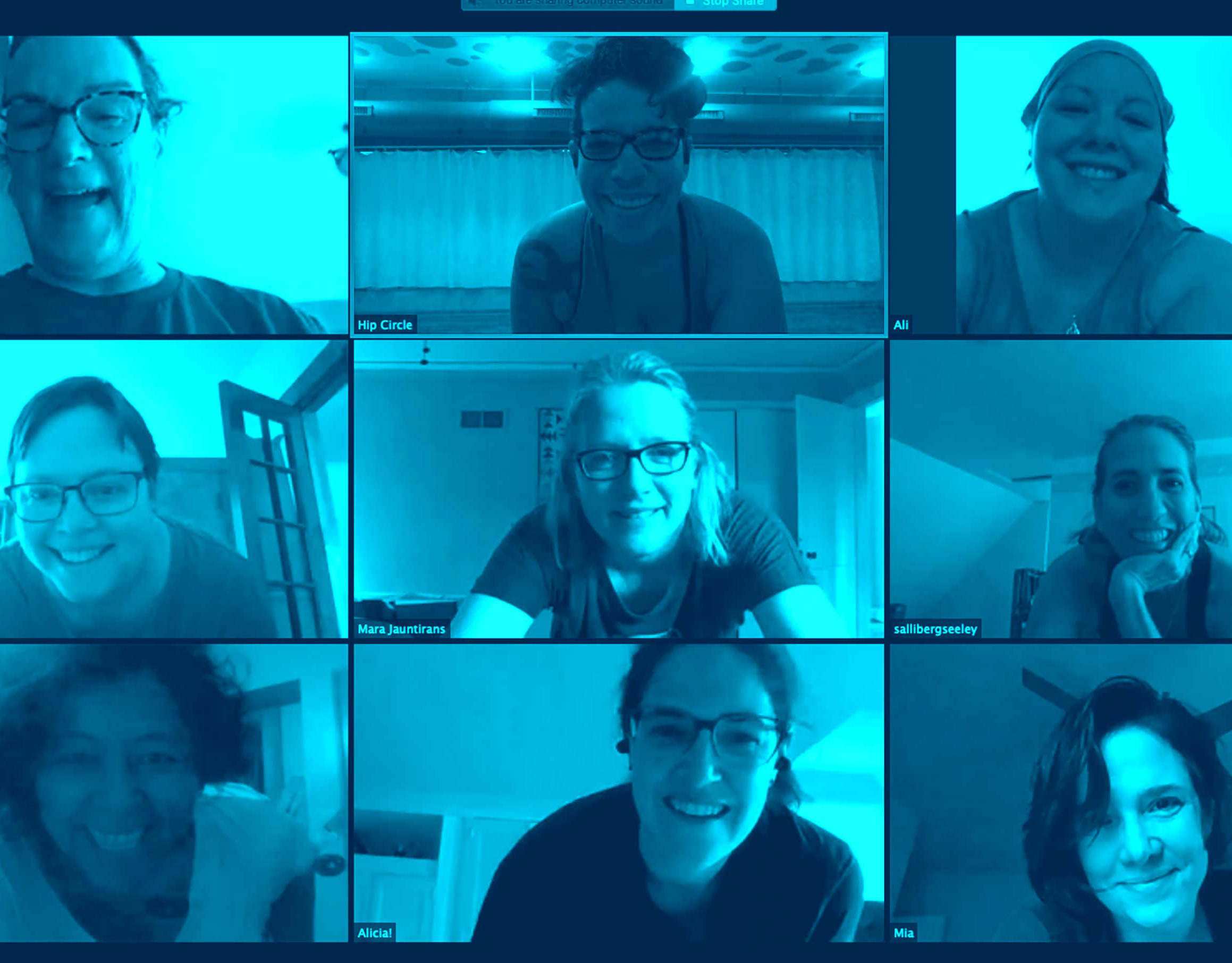Board Game Night
A conceptual redesign of the Dice Dojo eCommerce experience
Conceptual Design
4-Week Sprint
Research Methods
User/Stakeholder Interviews
Analysis of competitors
Testing current site navigation/architecture
Analysis of competitors
Testing current site navigation/architecture
Research Goals
Develop user stories and target “persona”
Understand Business Goals
Understand current industry solutions
Discover areas of improvement for updated site navigation
Conceptualize and prototype an updated website solution
Understand Business Goals
Understand current industry solutions
Discover areas of improvement for updated site navigation
Conceptualize and prototype an updated website solution
From my first interactions with the Dice Dojo it's clear that there's something special going on in their space. The store has thrived for over a decade in a hobby niche that sees many competitors come and go and the owners of the store are well known in the board game industry for their success and expertise, along with the incredible personality they bring to the in-store experience and at convention events throughout the country.
Learning from the Regulars
In starting this project I first met with multiple customers and community members to interview them about what makes this place special. It has an unbeatable community. They trust the staff to both care about them and know what the good games are to recommend. Over half of the space in the store is reserved for community events, large tables for coming by to play games and a massive demo library giving the community unparalleled access to the hobby.
Meeting with a Founder
On this project one of my best insights was the chance to interview Lexx, one of the founders and owners of the Dice Dojo. He expressed very elegantly that they wouldn't still be here without their community and that the value that the space and experience of coming to the Dice Dojo adds to their lives makes them want to stay. The board game hobby niche has been very traditionally offline and can have problems with "tribalism" between gaming groups, but the community efforts at the Dojo have allowed them to open up that insular space to a wider audience while focusing on the trust and safety of everyone coming in. While constantly improving the physical space, Lexx felt like their online presence has been lacking, hampered by reliability of 3rd party inventory systems and online community becoming fractured across multiple social platforms.
Mid-Fidelity Concept Home Page for a new Chicagoland Games website combining online store functions with powerful community tools and expert staff opinions and information.
Mid-Fidelity Concept Page for expert staff written content to leverage the trusting relationship that the Dice Dojo community and staff share.
Identifying an Opportunity
"The Dice Dojo needs a new website that gives users the tools to make online shopping as personal as the in-store community experience."
Solution Proposal
"The Dice Dojo website will be redesigned to connect the community space to the store space, extending the relationship users have with the in-store staff to their online experience."
Visualizing an Updated Site
Early in the research process I created a breakdown of the existing site navigation and architecture. Using that as a guide, I ran a closed card-sorting activity with multiple testers and found a lot of confusion points surrounding not only store categories (side effect of the category jargon used by boardgames), but the testers often ran into issues placing community related items.
The results of those tests and insights from a business analysis led to the building of an updated sitemap to guide this concept. In this new layout, multiple "community" features were brought together under their own hub page and the store was made immediately accessible from the home page.
Dice Dojo Concept Site Map
Playing With a New Concept
In my initial sketching I worked to combine a modernized eCommerce storefront with powerful links to community features to guide users to informative expert content in the form of staff articles and reviews and to connect them to community hubs for discussion and sharing.
After building digital mid-fidelity wireframes, I built a clickable prototype to test with users. Testing helped to clear up navigation issues and found additional ways to connect users to community content. That build was used in client presentations. Following the initial presentation I worked to increase the fidelity of the wireframes to their current state to better represent a content-filled experience.
Community Page Concept
Group Page Concept
Clickable Prototype
Using InVision as a prototyping platform allowed me to build a clickable mockup of the main site functions.
This was valuable in the final rounds of usability testing and it also gave me a great way to highlight the important user flows and allowed me to show the business stakeholders how the concept might function when developed.
Walkthrough of Mid-Fidelity Prototype mocked up through InVision





